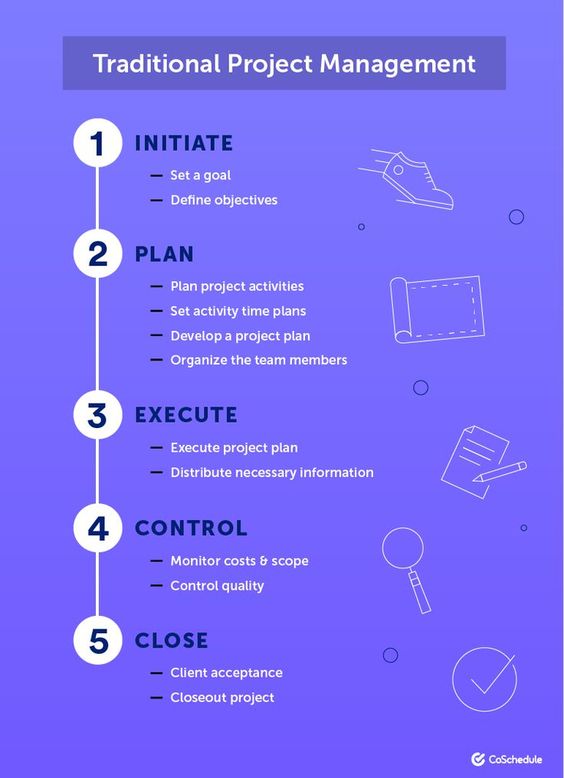Are you struggling with project management and unsure where to start? The answers may lie in project planning and scheduling. In this comprehensive guide, we’ll explain what project planning and scheduling are and how you can use these tools to ensure your project runs smoothly from start to finish.
Understanding Project Planning
Project planning sets the foundation for a successful project outcome. It involves detailed preparation and organization of activities that lead to the accomplishment of project objectives. You should begin by defining the project, identifying the stakeholders, and creating a project team to address the goals, budget, and scope of the project.
The Importance of Scheduling
Scheduling brings structure to the project plan by defining the start and end dates of each activity, prioritizing tasks, and identifying the project’s critical path. A well-structured schedule also allows for resource allocation and ensures that the project is delivered on time and within budget.
Identifying Project Scope
The scope of a project includes defining its purpose, objectives, deliverables, and constraints such as budget, time, and resources. Identifying project scope is crucial because it lays the foundation for defining the project objectives and determining the project team and their roles.
Developing a Work Breakdown Structure
A Work Breakdown Structure (WBS) is an essential tool for dividing the project into manageable activities. A WBS provides a visual representation of the project and assists in identifying project constraints, breaking down complex activities into smaller, more manageable tasks, and assigning project responsibilities to team members.
Estimating Project Duration
Accurately estimating project duration is critical to ensure the project is completed on time. The project team must understand the time requirements of each activity and sequence them appropriately. An accurate project schedule is also helpful in identifying any potential roadblocks before they happen.
Allocating Resources
Project resource allocation involves determining the amount and type of resources such as human capital, equipment, and budget required for each activity. This allocation ensures that the necessary resources are available to complete each task as per the schedule, while also remaining within budget. It is imperative to plan resource allocation before the project begins.
Risk Management
Risk management is an integral part of project planning that deals with identifying, evaluating, and controlling potential risks that might harm the project’s success. A robust risk management process helps in reducing the impact of potential risks and helps maintain the project schedule.
You might find these FREE courses useful
- Project Planning
- Project Planning and Execution
- Project Planning and Machine Learning
- Top Project Management: Life Cycle And Project
- Project Management: Life cycle and project planning
- Fundamentals of Project Planning and Management
- Project Planning: Putting It All Together
- Initiating and Planning Projects
Monitoring Project Progress
Regular monitoring of the project’s progress is necessary to ensure that the project stays on track. The project team must be aware of how their activities contribute to the project’s overall success, any updates or changes, and the effect of these changes on the project. It’s vital to have a communication plan in place that allows for regular updates and feedback from team members.
In conclusion, successful project planning and scheduling requires detailed preparation, accurate scheduling, proper allocation of resources, comprehensive risk management, and constant monitoring. By understanding each of these elements, you can ensure your project runs smoothly from start to finish. With careful planning and regular monitoring, you can enjoy a successful project outcome.
